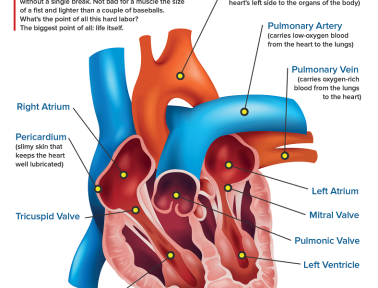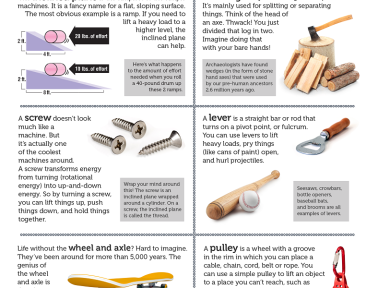I was in a discussion recently with a friend of mine who is also a public school administrator. As we bantered back and forth about what could be done to improve schools — increased teacher pay, which would rely on increased accountability for teachers to be high quality, a determination which shouldn’t rely on standardized tests especially for young children, and round and round and round — it quickly became clear that a simple request like “improve our schools” can be a tangled, and very opinion-filled process.
That shouldn’t be a surprising realization, since education reform or school improvement seems to be a perennial hot topic. But what struck me in the conversation was when my friend, in obvious frustration said something like, “It’s hard to figure it all out.”
It struck me that often that’s how I feel, and how I perceive much of our country and many of our leaders feel. We throw our hands up and say, “It’s just too hard to figure out.” But a thought in my mind was quick to follow up. We never accept that as an answer from our kids and students. We never say, “Yup, you’re right. This one’s a toughie. You’re never going to get it. Just skip it.” We sit with them, we turn it over from every angle, and we figure it out together.
We have to be able to do that for our kids. Stick it out and look at education from every side — even the ones we don’t think we agree with — and find what will work. Even when change is hard.
Here are just a few things I believe in that I think would change our schools.
- Education is not one size fits all. Require all teachers, administrators, and policy-makers involved in pre-K through 3rd grade to receive training in child development. Particularly in these early years, approaching education without acknowledging development is like trying to change light fixtures in your house without knowing where the fuse box is. You can’t effectively address the fixtures until you’re aware of the source. Kindergarteners learn in ways that are vastly different from high school freshmen, or even fifth graders. We have to have a system that recognizes and honors developmental needs and differences.
- Did I mention that education is not one size fits all? Well let me say it again. We have to pay attention to individual learners. That likely means smaller class sizes, more diversification, and thinking outside of the box. Not all kids learn in the same way, and we need more than one approach to meet those different needs. That’s part of why the home school and charter school movements are necessary, and why I personally believe in the need for a generous dose of local control and individual choice.
- Let teachers teach. I’ve been struck by how often I’ve heard teachers lament changes that they feel tie their hands. Requirements that they feel make them less effective. I’ve even had teachers tell me about scripted lessons they were required to follow word for word. I am all in favor of guidelines and of training and supporting teachers, but once we prepare the highly qualified teachers our kids deserve, we have to give them room to truly be an educator and not a robot. We need parameters, but we also have to let them teach in their own unique responsive way.
You can probably tell I have many, many more opinions on this subject, but this is supposed to be this week’s short post! So I want to hear from you!
What are the changes you’d like to see that would change our schools for the better? What have you seen in individual schools and classrooms that you’d love to see more of?
<!–
–>










